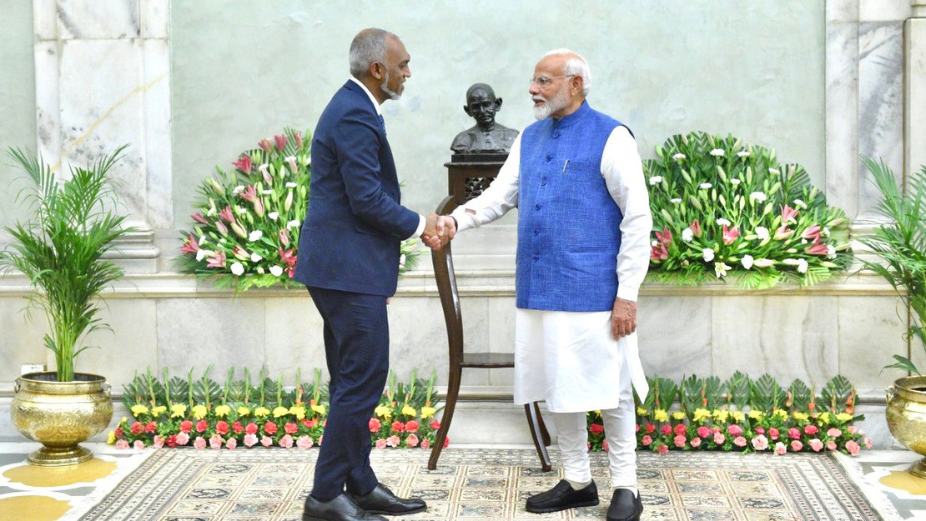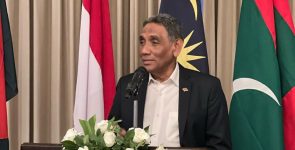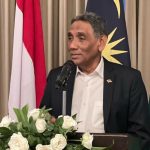
In the Union Budget for 2024-25, India has allocated INR 20.7 billion (USD 247 million) in development aid to Bhutan, marking the largest share of its development aid under the ‘neighbourhood first’ policy. In contrast, the outlay for the Maldives has seen a significant decline, reduced to INR 4 billion (USD 47.8 million) from the previous INR 7 billion (USD 83.6 million). This reduction comes amidst evolving diplomatic relations between India and the Maldives.
The relationship between the two countries has experienced tension since President Dr. Mohamed Muizzu, perceived as having pro-China leanings, assumed office in November 2023. This tension was initially reflected in the reduction of aid and has been a point of concern in Indian media. However, recent efforts have been made to mend these relations, with President Muizzu attending Indian Prime Minister Narendra Modi’s oath-swearing ceremony, signalling a potential thaw in diplomatic ties.
The Maldives’ diplomatic pivot towards China has been a significant factor in these tensions. Since joining China’s Belt and Road Initiative (BRI) in 2014, the Maldives has borrowed approximately USD 1.4 billion from Chinese banks, making up a substantial portion of its public debt. Under President Muizzu, this relationship has deepened with the signing of 20 agreements during his first state visit to China, which included financial and military assistance. This shift has raised concerns in India, which has historically been a close partner of the Maldives.
Efforts to reconcile the strained relations have included visits by Maldivian officials to India. Foreign Minister Moosa Zameer’s visit to India was aimed at strengthening bilateral ties, emphasizing the importance of cooperation in various sectors, including infrastructure, cybersecurity, and disaster management. However, the recent diplomatic spat, exacerbated by derogatory remarks about Prime Minister Modi by three Maldivian government officials, who are now suspended with pay, added to the complexity of the relationship.
The Maldives’ strategic location in the Indian Ocean and its involvement in the BRI has made it a focal point in the India-China rivalry. This geopolitical tussle illustrates the broader implications of the Maldives’ foreign policy choices, impacting not only its relations with India but also its economic and strategic stability in the region.
As the Maldives navigates its diplomatic relations with both India and China, it remains to be seen how these developments will shape its future foreign policy and economic landscape.









